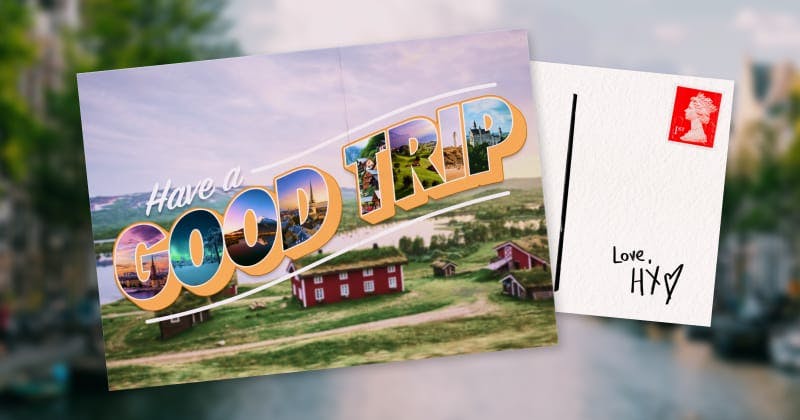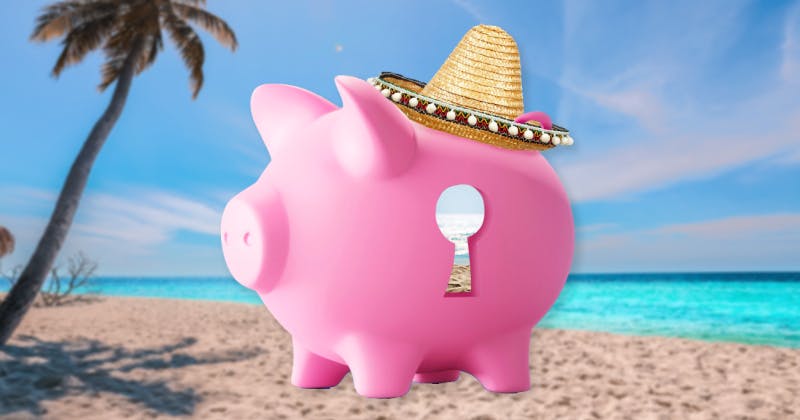
An interview with Sam Sills
Get a glimpse into the life of professional iQFoil athlete Sam Sills as he gets ready for the biggest challenge of his career.
We met up with Sam Sills in Lanzarote recently and asked about everything from the Olympics to his take on sustainability. Get a glimpse into the life of a professional athlete.
What actually is iQFoil?
iQFoiling is the Olympic windsurfing discipline underneath Olympic sailing. At the Olympic Games which will be the end of July we’ll race for six days. We’ll do three types of courses across those six days. So that’s course racing which is the standard format where you race around a certain course. Slalom which is a sprinting type of course and then we’ll do a marathon which is a long-distance race.
Then at the end of the week after 20 races, they’ll take the top 10 competitors and they’ll go into a winner-takes-it-all final.
Sam talks sustainability
So actually, the iQFoil class, they’re really trying to be quite conscientious about sustainability and improving that sector of how they do things. So for every iQFoil board that you buy, Starboard (the manufacturers) will plant, I think it’s three mangrove trees. And they actually have a whole ecosystem growing close to where they have the factory.
And the idea of that is to offset the carbon which every board produces and also provide jobs for local people. They’re called guardians of the mangrove and this is a quite cool part of the iQFoil class that not many people know.
Every event that we do, we have to try and fill out the air miles that we did and then start looking at how to offset that as a way to make the sport greener as well.
I mean, it’s a bit controversial. Sustainability in sailing is always quite hard to talk about because really what we’re doing is not that sustainable. You’re travelling around all over the world, and you’re going with a boat that uses gasoline. However I think the main message that people try to give back and to help is to use their platform they create to do something with and have a positive impact.
For me, as an athlete, the way I try and look at it is now, whilst you’re an athlete, you can’t give that much back. You have to be so selfish and so self-focused to actually achieve what you need to and to bring back a medal for the country. But what I realised lately is that the Olympics is actually really important in terms of global peace and how it provides a platform for countries to unite and to be together. And we don’t see that as athletes really but that bigger picture and just being a part of that and representing your country is already quite a lot. I hope at the end of my career I will get back into some engineering and have a positive impact in terms of designing more sustainable solutions in the marine industry.
Funniest thing that happened during training?
Recently our coach for the women’s team got hit in the face by a fish. A flying fish smacked him straight in the face, covered him in scales. That was pretty funny, it doesn’t happen very often.

How many countries have you been to?
I have no idea! I could try and list them I suppose.
So… Spain, France, Italy, Greece, Croatia, Germany, Switzerland, Norway, Sweden, Finland, Turkey, Bulgaria, Portugal, China, New Zealand, Australia, USA, England and I feel like there’s another one.
How did you get here?
Before this point I went to university and studied naval architecture. I then had my own company in the UK working as a consultant for different brands – most recently an electric boats company in Oslo. What was really cool was to be a part of this wave of sustainability in engineering at the same time. I was doing this alongside competing as an athlete.
That went on for quite a few years and then at the end of 2022 I decided to go all in as an athlete and try and get selected for the Olympic games, and I managed to do it. And now we’re still all in and going for a gold medal in Paris 2024.
Sam’s daily routine
Alarm usually goes off at 7. Probably have about an hour of stretching and core work, making sure to get activated for the day. Then breakfast.
At the moment we’re trying to do double sessions so try and be here [at the marina] for sort of 9, 9.30, get in the water around 10. Then we’d normally do a two-to-three hour session. At the moment we’d be splitting two sessions – one doing technical things, so working on the manoeuvres or technique. That’s why we do it early so you’re fresh and you’re ready.
And then come in, have some lunch, a little break. Go back out, second session. Often we’re working on racing. That’s what we have been doing these last days, so joining in with our sailors, racing around a course and getting the heart rate high and getting used to that high intensity that we’re gonna need at the Olympic games.
Come in, de-rig, write the notes, write all the settings down, go home, put some food on. I have a pressure cooker so it’s really nice to do that, leave it, makes it nice and easy. Go to the rocks, have a swim, cool down, watch the sunset, come back, eat, stretch, go to sleep.

Pre-competition rituals
The preparation starts three months before. Firstly you gotta get your body and your equipment sorted out so you can actually have the speed to be able to race. That takes quite a lot of effort. Then, as you get closer to the event, you do less and less hours and more intense, sharper sessions so you sharpen your awareness, your focus, your skills. Then leading into the final week of the event you try to really take away distractions, take away things that are taking your energy. Just kind of calm down, consolidate in your mind how you’re gonna approach the event and really just get into a performance mindset where you can really bring out your best.
I like to take the last two days before the event fully off if I can. Normally you can’t because there’s a lot of things that you gotta get done. But if I can, I like to do that and try to switch my mind away from racing. Go to the coast, go be in nature. It’s probably my favourite thing to do before an event.
Sam’s downtime
How do I wind down? I’m not very good at that to be honest. I would say I really like going for a cold swim if I can. It switches off your nervous system, allows you to calm down. Spending time in nature, going for walks around trees, beautiful landscapes.
I really like to eat really nice food as well and go out for a very nice, beautiful dinner – that’s quite relaxing.
@holidayextras What do you do to get to know an IQFoiler off the water? Obviously make them answer a round of quick fire questions. Here’s Sam answering ours… #iqfoil #windsurfing #samsills #britishsailingteam ? Countless - Official Sound Studio










